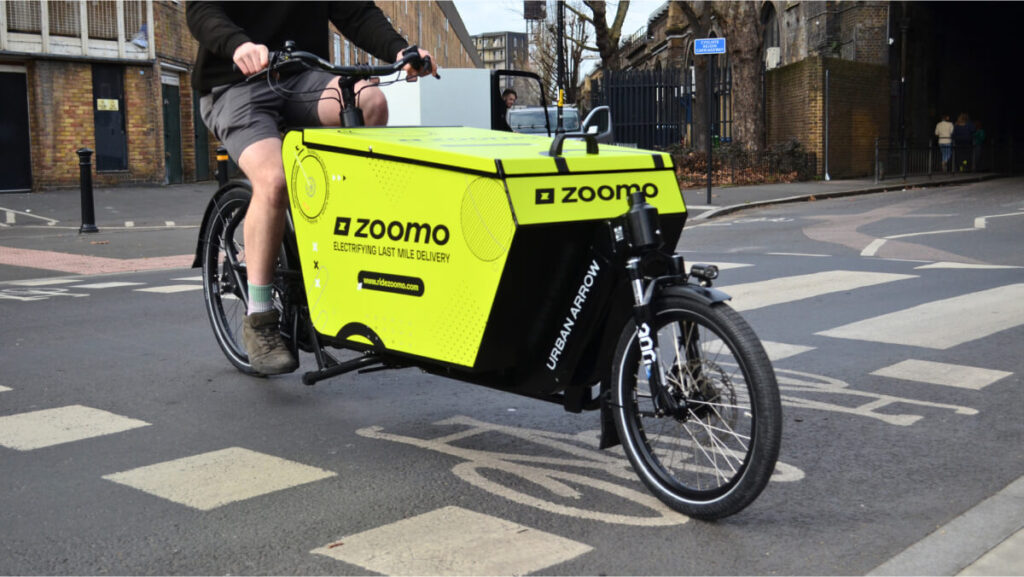In an era marked by environmental concerns and burgeoning urban populations, traditional methods of goods transportation are becoming increasingly unsustainable.
The clamor for cleaner, more efficient, and sustainable solutions has given rise to the resurgence of electric cargo bikes.
These innovative vehicles have gained popularity as a cost-effective and eco-friendly means of transporting goods in congested city centers.
This article explores the rise of electric cargo bikes and their potential to revolutionize urban logistics.
The Resurgence of Cargo Bikes
Cargo bikes, which have been around for over a century, are undergoing a renaissance in urban centers across the world.
Historically, they were a common sight on city streets, but with the advent of automobiles and motorized delivery vans, they were relegated to obscurity.
Now, they are making a comeback, thanks to advancements in electric motor technology and a growing interest in sustainable transportation.
Electric cargo bikes are essentially regular bicycles equipped with a battery-powered electric motor and a spacious cargo area.
This combination provides the best of both worlds: the efficiency and agility of a bicycle and the capacity to carry goods that would be challenging on a traditional bike.
Eco-Friendly and Sustainable
One of the primary advantages of electric cargo bikes is their minimal environmental impact.
They produce zero emissions, which is crucial in addressing the growing concerns about air pollution and carbon emissions in cities.
Moreover, the reduction in traffic congestion and noise pollution associated with electric cargo bikes also contributes to a healthier and more livable urban environment.
A Cost-Effective Alternative
Electric cargo bikes are not only environmentally friendly but also cost-effective. Operating and maintaining these vehicles is significantly cheaper than traditional delivery vans.
They require no gasoline, have lower insurance costs, and incur minimal parking expenses.
This translates to substantial savings for businesses, especially small and medium-sized enterprises, which often operate on thin profit margins.
Efficacy in Urban Settings
The compact design of electric cargo bikes makes them well-suited for navigating congested urban areas.
They can easily maneuver through traffic, access narrow streets, and bypass many of the logistical challenges faced by larger vehicles.
This increased efficiency can lead to faster delivery times, reducing the stress on delivery personnel and enhancing customer satisfaction.
Diverse Applications
Electric cargo bikes are versatile and can cater to a wide range of industries. They are commonly used for last-mile deliveries, particularly in the food delivery and e-commerce sectors.
However, their applications extend to postal services, courier companies, and even municipal waste collection.
Their adaptability and customization options make them suitable for various business needs.
Challenges and Considerations
While electric cargo bikes have many advantages, they are not without challenges. Battery life and charging infrastructure are critical concerns, as is the need for appropriate bike lanes and parking facilities.
Safety regulations and urban planning also need to be adjusted to accommodate these vehicles effectively.
Conclusion
The resurgence of electric cargo bikes represents a significant shift in the way goods are transported in urban environments.
Their eco-friendly, cost-effective, and efficient nature makes them a compelling alternative to traditional delivery vans.
As cities strive to become more sustainable and less reliant on fossil fuels, electric cargo bikes are paving the way for a greener and cleaner future of urban logistics.
Their growth is poised to continue, offering innovative solutions for businesses and environmentalists alike.

